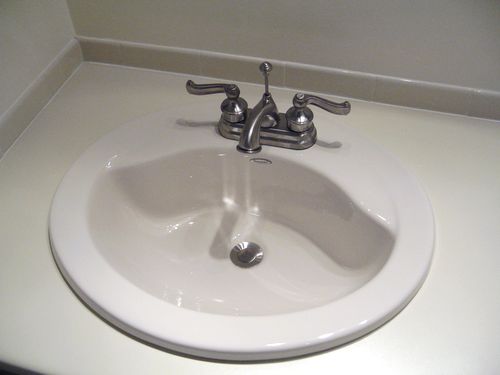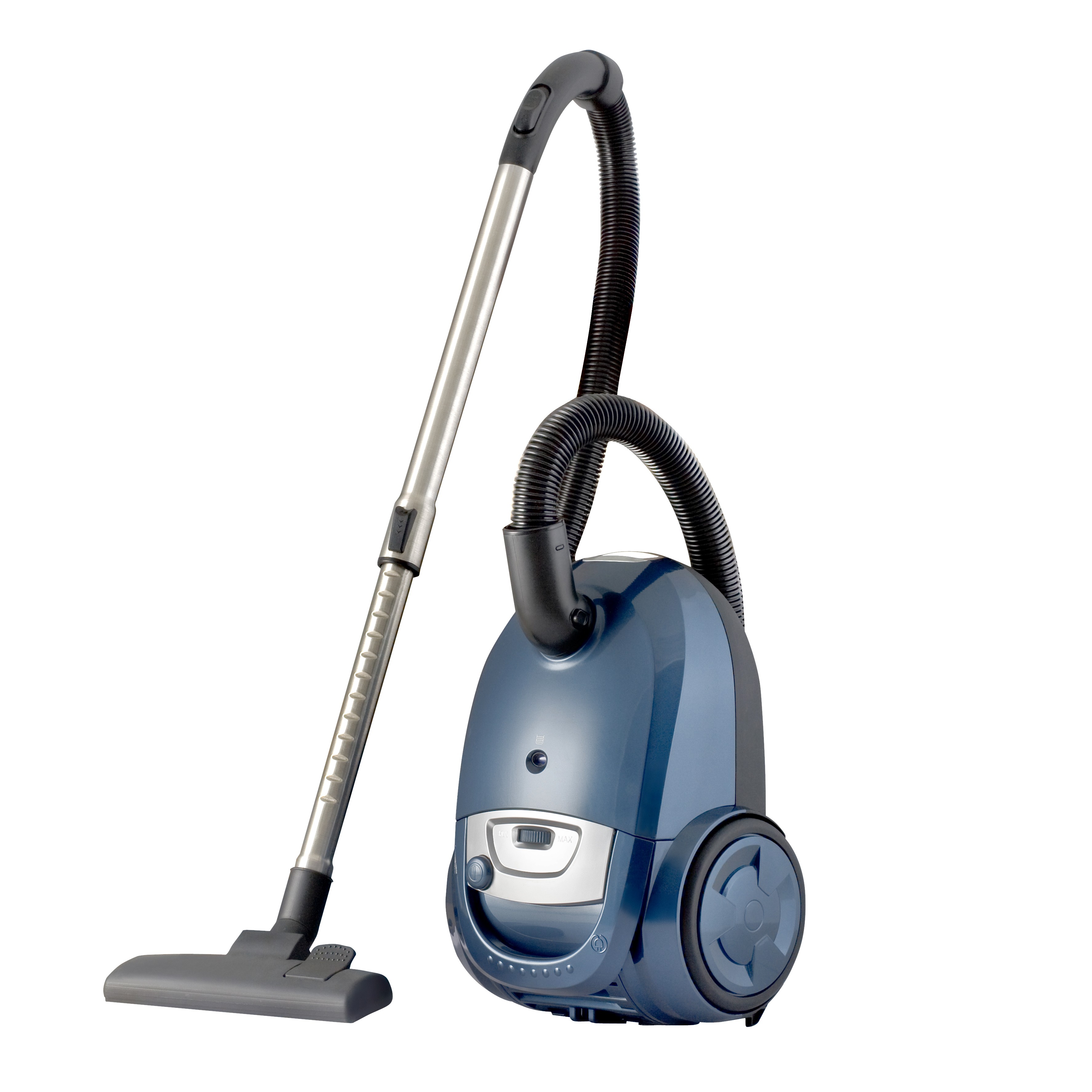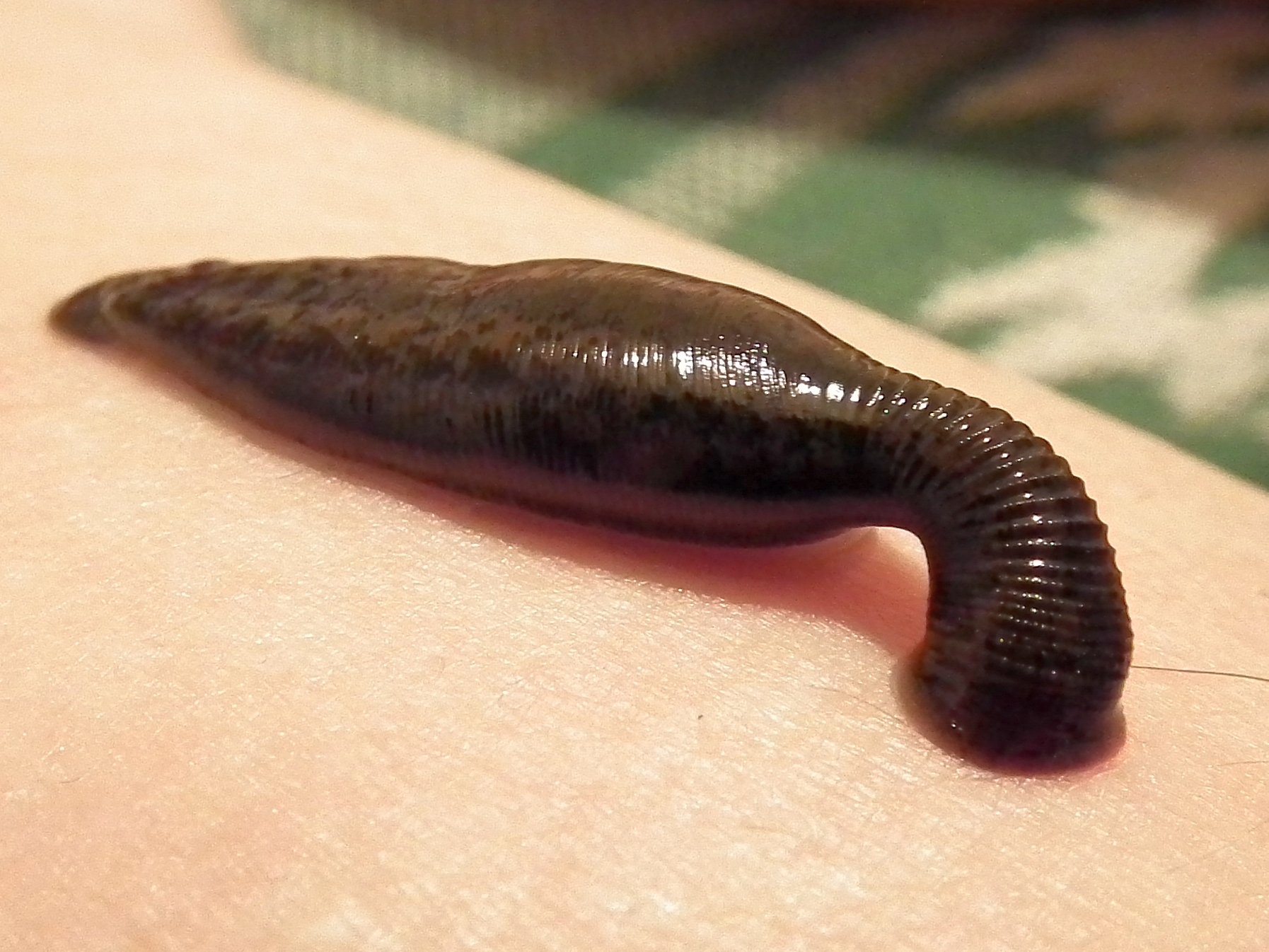IV semester 2nd period
4º C
Luz Angélica Mercado Carrizosa
Abraham Carrasco Pizarro
Present Perfect
The present perfect simple expresses an action that is still going on or that stopped recently, but has an influence on the present. It puts emphasis on the result.
For irregular verbs, use the participle form. For regular verbs, just add “ed”.
| Positive | Negative | Question | |
|---|---|---|---|
| I / you / we / they | I have spoken. | I have not spoken. | Have I spoken? |
| he / she / it | He has spoken. | He has not spoken. | Has he spoken? |
Signal Words of Present Perfect
We often use:
- Ever, never, for, since, already, yet, just, since with the present perfect tense.
We use ever in interrogative sentences:
a. Have you ever been to the United States?
b. Have you ever traveled by train?
c. Have you ever failed a class?
We use never in affirmative sentences: but the meaning is negative.
a. I have never cheated in an exam.
b. My son has never been to Moscow.
c. My brother have never gone to London.
We use just to express a recently completed action.
a. The cat has just caught a bird.
b. The guests have just arrived.
c. I have just finished my homework.
We use already to express that something has happened sooner than expected.
a. Don't forget to bring your book! Oh, I have already brought it.
b. The boys are going to pack, aren't they? No. They have already packed.
c. Is Adam going to buy a new car? No, he isn't. He has already bought it.
We use yet in interrogative and negative sentences and it suggests a time later than expected.
a. Have you done your homework? No, I haven't done it yet
b. Has your father seen your report? No, he hasn't seen it yet
c. Have the visitors arrived? No, they haven't arrived yet.
a. Have you ever been to the United States?
b. Have you ever traveled by train?
c. Have you ever failed a class?
We use never in affirmative sentences: but the meaning is negative.
a. I have never cheated in an exam.
b. My son has never been to Moscow.
c. My brother have never gone to London.
We use just to express a recently completed action.
a. The cat has just caught a bird.
b. The guests have just arrived.
c. I have just finished my homework.
We use already to express that something has happened sooner than expected.
a. Don't forget to bring your book! Oh, I have already brought it.
b. The boys are going to pack, aren't they? No. They have already packed.
c. Is Adam going to buy a new car? No, he isn't. He has already bought it.
We use yet in interrogative and negative sentences and it suggests a time later than expected.
a. Have you done your homework? No, I haven't done it yet
b. Has your father seen your report? No, he hasn't seen it yet
c. Have the visitors arrived? No, they haven't arrived yet.
Past Participle
A past
participle indicates past or completed action or time. It is often called the
'ed' form as it is formed by adding d or ed, to the base form of regular verbs,
however it is also formed in various other ways for irregular verbs.
It can be
used to form a verb phrase as part of the present perfect tense.
For
example:
-I
have learnt English. (Learnt is part of the verb phrase 'have learnt')
It
can be used to form the passive voice.
For
example:
-Her
hair was well brushed.
It
can also be used as an adjective.
For
example:
-As an
adjective: He had a broken arm. (Broken is used here as an adjective.)
Here is a
comprehensive list of irregular verbs.
| Subject | Auxiliary | Short Form | Past Participle |
| I, You, We, They | have | I've, you've, we've, they've | talked, learned, traveled... |
| He, She, It | has | he's, she's, it's | talked, learned, traveled... |
As / Like
As and like are often confused since they are both used to compare actions or situations. There are, however, important differences.
-As-
We use as to talk about job or function.
- I worked as a shop assistant for 2 years when I was a student.
- He used his shoe as a hammer to hang the picture up.
In comparisons, the structure ‘as adjective as’ is often used.
- He’s not as tall as his brother
- She ran as fast as she could.
In the following comparisons as is a conjunction – it’s followed by a clause with a subject and a verb.
- He went to Cambridge University, as his father had before him.
- She’s a talented writer, as most of her family are.
-Like-
In the following comparisons, like is a preposition and it’s followed by a noun or a pronoun.
- I’ve been working like a dog all afternoon.
- None of my brothers are much like me.
- She looks just like her mother.
Like and As if/As though
Like, as if and as though can all be used to make comparisons. There is no difference in meaning among the 3 forms.
- You look as if you’ve seen a ghost.
- You talk as though we’re never going to see each other again.
- It looks like it’s going to rain.
Expressions with ‘as’
The following expressions all use as.
- As you know, classes restart on January 15th.
- I tried using salt as you suggested but the stain still didn’t come out.
- As we agreed the company will be split 50/50 between us.
- Their house is the same as ours.
Like, as if and as though can all be used to make comparisons. There is no difference in meaning among the 3 forms.
The following expressions all use as.
-Pictionary-
Beard
Permanent
Spill
Slipped
Joined




























